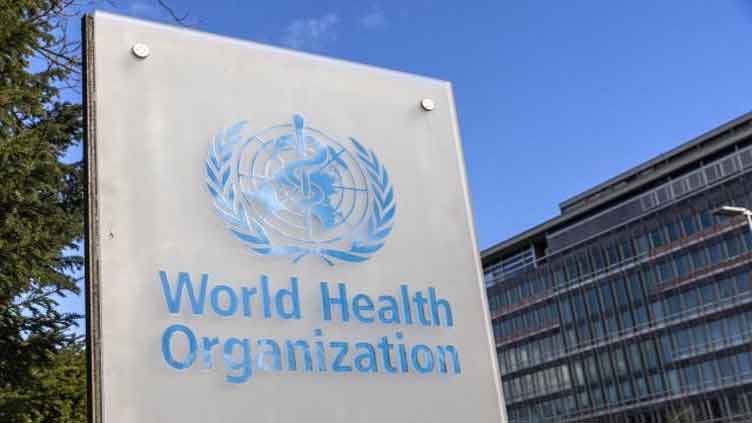No, WHO did not ask governments to prepare for mpox lockdowns in August 2024

No, WHO did not ask governments to prepare for mpox lockdowns in August 2024
(Web Desk) - The World Health Organization (WHO) has not instructed governments around the world to prepare for lockdowns due to an mpox outbreak in August 2024, a WHO spokesperson said, contrary to posts shared on social media.
Infectious disease experts told Reuters that lockdowns would not be a likely or effective measure against mpox, a virus that transmits through close physical contact, including sexual contact.
Mpox, a viral infection that causes flu-like symptoms and pus-filled skin lesions, was declared a global public health emergency on Aug. 14 by WHO after an outbreak in the Democratic Republic of Congo of a new version of the virus, known as clade 1b, was found to have spread to other countries.
Following the announcement, social media posts said: “BREAKING: The World Health Organization has reportedly instructed world governments to prepare for lockdowns due to monkeypox outbreak. They're lying to us again. There is no MPOX outbreak.”
The WHO press release announcing the declaration of a “public health emergency of international concern” makes no mention of lockdowns.
Tarik Jašarević, a WHO spokesperson, said in an email that the viral posts are false and that “WHO cannot and has not ordered governments to prepare for ‘Mega Lockdowns’ or any kind of lockdown due to mpox.”
The narrative traces to an Aug.15 article on The People’s Voice website, which has previously published false information addressed by Reuters.
Mpox transmits through close physical contact but there is no evidence that it spreads easily between people, the way a respiratory virus can, experts said.
“It is not plausible that any responsible public health authority would be planning lockdowns for control of mpox,” Marc Lipsitch, professor of epidemiology and director of the Center for Communicable Disease Dynamics at the Harvard TH Chan School of Public Health, said in an email.
“The main route of transmission remains sexual, with some secondary spread from close contact, and lockdowns are not appropriate for control of such an infection,” he said.
Improved awareness of the signs and symptoms, better identification of cases, curtailing sexual transmission and spread within close-contact groups like households, and adequate supplies of vaccines are all ways to reduce this threat, Lipsitch added. “Lockdowns are not, and WHO like other public health authorities is well aware of that.”
Salim S. Abdool Karim, director of the Centre for the AIDS Program of Research in South Africa (CAPRISA) and CAPRISA Professor for Global Health at Columbia University’s Mailman School of Public Health, told Reuters that mpox is “a slow spreading virus and does not have the exponential growth in cases seen with respiratory viruses like influenza or SARS-CoV-2.
So, lockdowns would not be a recommended strategy for Mpox as it would have little, if any, benefit.”
Andrew Pekosz, professor of Microbiology and Immunology at the Johns Hopkins Bloomberg School of Public Health, said that social-distancing measures were required for COVID because it spread through the air.
But as mpox is spread primarily through close contact between individuals, lockdowns are not effective in slowing transmission.
“Targeted messaging to at-risk populations regarding how mpox is spread is the most effective means of limiting transmission,” he added.


